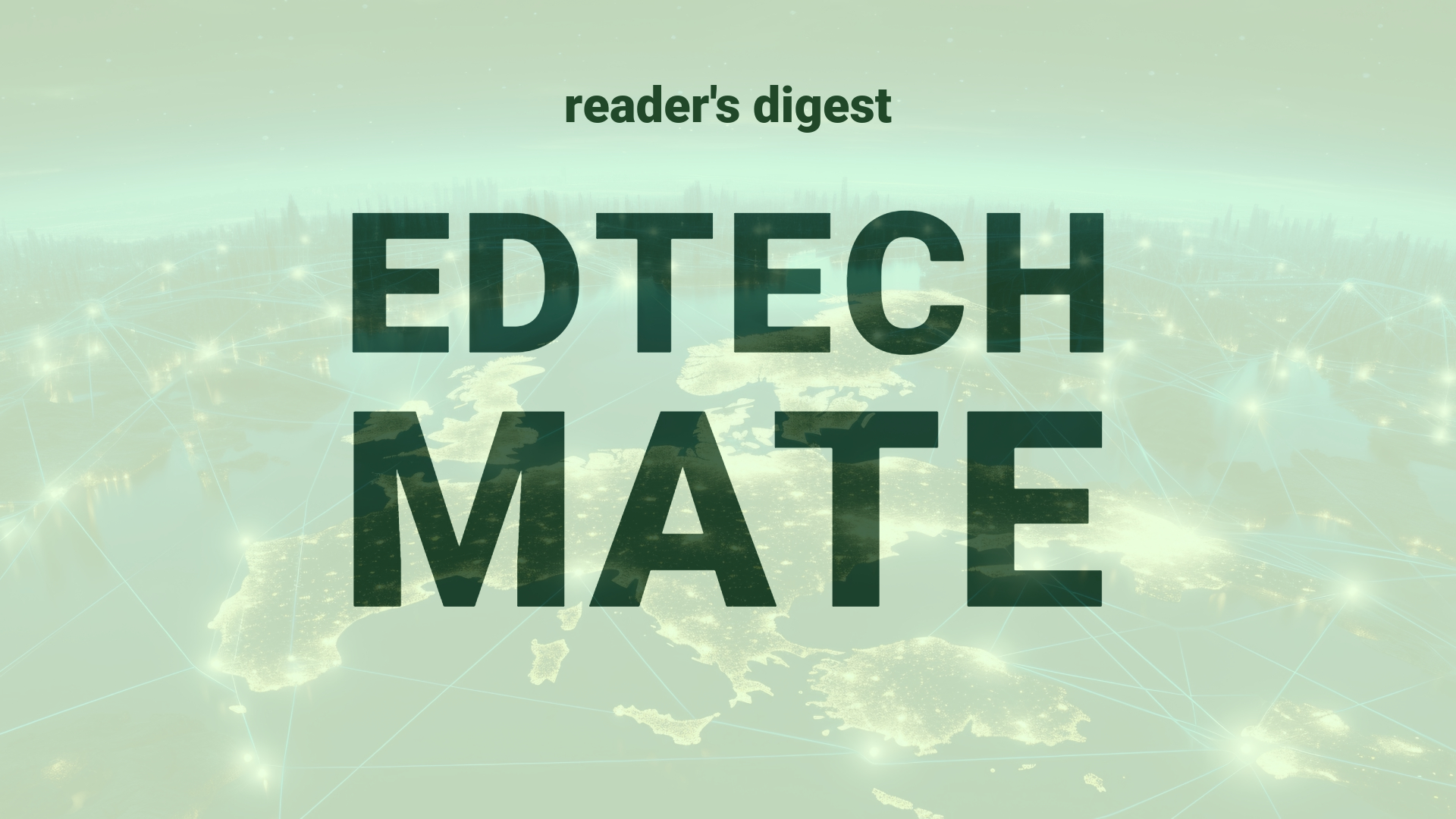Executive Summary and Main Points
The Azure OpenAI Service has introduced a significant pricing model shift from hourly billing to token-based billing for fine-tuning AI models. This update includes neural network models like Babbage-002, Davinci-002, and GPT variations such as GPT-3.5-Turbo and GPT-4. The billing modification provides more predictable and transparent cost estimations based on the number of tokens in the training file, multiplied by the token price and the number of epochs. Notably, this adjustment could result in substantial cost reductions for users, especially those working with smaller datasets. Furthermore, OpenAI supplies resources like the tiktoken library to facilitate token counting, thereby streamlining budget planning for AI fine-tuning endeavors.
Potential Impact in the Education Sector
The adoption of this pricing model may have broad implications for Further Education and Higher Education, where institutions can leverage token-based billing to optimize AI model training and constrain expenses. It encourages the experimental fine-tuning of models for educational purposes, promotes personalized education technology, and reduces financial barriers. For micro-credentials, which heavily depend on digital badges and compact learning modules, precise cost estimation could bolster the scalability and customization of learning content and assessment AI tools. Strategic partnerships may emerge, as educational institutions could collaborate with OpenAI to foster a culture of innovation while managing costs transparently and efficiently.
Potential Applicability in the Education Sector
This token-based billing approach incentivizes AI usage in applications such as personalized student support systems, curricula development, and research projects. Global education systems can harness this pricing structure to develop culturally adaptive AI tutors or content generators, enhancing educational accessibility. Additionally, the cost-effective strategy facilitates numerous training iterations enabling the creation of specialized AI models that address diverse learning needs and linguistic variations across international student populations.
Criticism and Potential Shortfalls
While the billing update appears beneficial, it warrants scrutiny. Critics may argue that it could lead to unforeseen costs if institutions do not manage token usage effectively or if token estimations are inaccurate. Moreover, dependency on a single AI provider may raise concerns regarding vendor lock-in and data sovereignty, especially when considered alongside ethical and cultural implications of AI in education. Diverse international case studies, for instance, may reveal disparities in resource allocation and access to digital tools that could either amplify or mitigate educational inequalities.
Actionable Recommendations
To leverage these technological advances, international education leaders should conduct pilot projects to gauge the cost-benefit ratio of AI fine-tuning under the new token-based billing. Institutions should educate staff on tokens and the associated cost structures, advocate for clear governance on AI usage, and establish strategic alliances that ensure the ethical application of AI in pedagogy. Evaluating short-term and long-term implications, institutions could integrate fine-tuned AI models gradually, starting with non-critical systems to assess efficacy before full-scale implementation in student-facing applications.
Source article: https://techcommunity.microsoft.com/t5/ai-azure-ai-services-blog/pricing-update-token-based-billing-for-fine-tuning-training/ba-p/4164465

